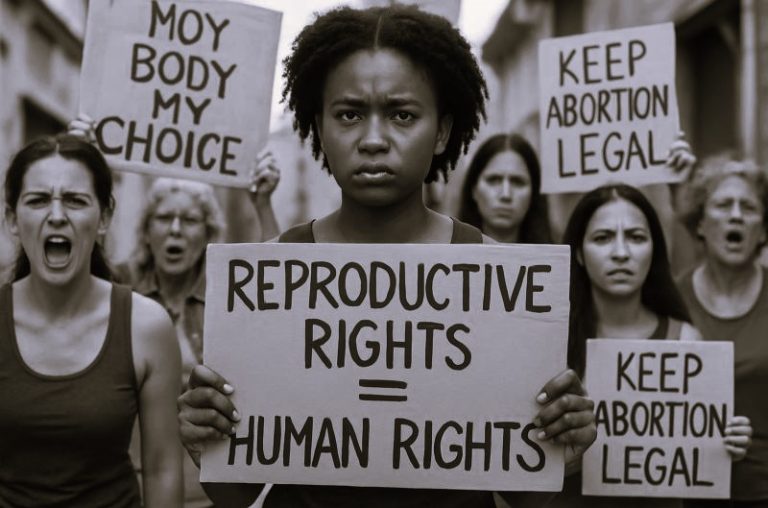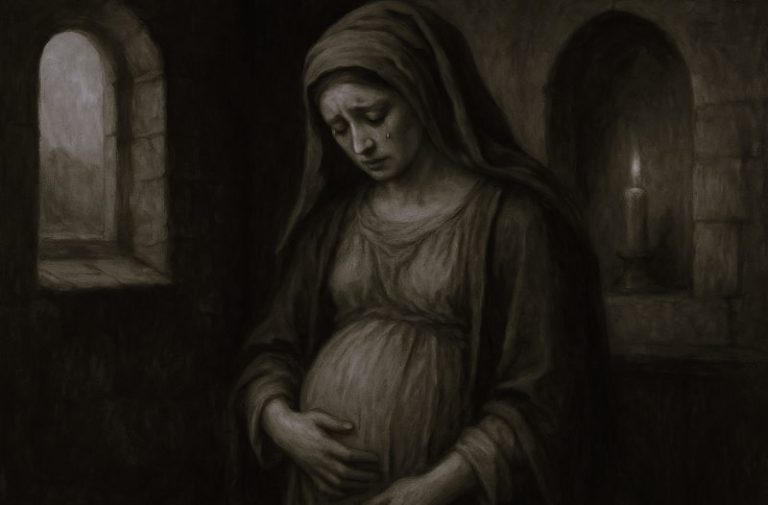

A fetus is not considered a person under Jewish law and does not have the same rights as one who is already alive.
Does Jewish Law State That Life Begins at Conception?
No, life does not begin at conception under Jewish law. Sources in the Talmud note that the fetus is “mere water” before 40 days of gestation. Following this period, the fetus is considered a physical part of the pregnant individual’s body, not yet having life of its own or independent rights. The fetus is not viewed as separate from the parent’s body until birth begins and the first breath of oxygen into the lungs allows the soul to enter the body.
Does Jewish Law Assert That It Is Possible to Murder a Fetus?

No, Jewish law does not consider a fetus to be alive. The Torah, Exodus 21:22-23, recounts a story of two men who are fighting and injure a pregnant woman, resulting in her subsequent miscarriage. The verse explains that if the only harm done is the miscarriage, then the perpetrator must pay a fine. However, if the pregnant person is gravely injured, the penalty shall be a life for a life as in other homicides. The common rabbinical interpretation of this verse is that the men did not commit murder and that the fetus is not a person. The primary concern is the well-being of the person who was injured.
According to Jewish Law, Is Abortion Health Care?

Yes, Jewish sources explicitly state that abortion is not only permitted but is required should the pregnancy endanger the life or health of the pregnant individual. Furthermore, “health” is commonly interpreted to encompass psychological health as well as physical health. NCJW advocates for abortion access as an essential component of comprehensive, affordable, confidential, and equitable family planning, reproductive, sexual health, and maternal health services.
What Does Jewish Law Say about the Rights of the Person Who Is Pregnant and the Rights of the Fetus?
Judaism values life and affirms that protecting existing life is paramount at all stages of pregnancy. A fetus is not considered a person under Jewish law and therefore does not have the same rights as one who is already alive. As such, the interests of the pregnant individual always come before that of the fetus.
Do Abortion Bans Unduly Favor One Religious Viewpoint over Another?
Yes, different religions believe that human life begins at different stages of development. Science can explain developmental timelines, but philosophic and religious viewpoints largely determine what exactly defines “life” or “personhood” for each individual. As the First Amendment to the U.S. Constitution guarantees, no one religion should be enshrined in law or dictate public policy on any issue — including abortion.
Originally published by the National Council of Jewish Women, republished with permission.






